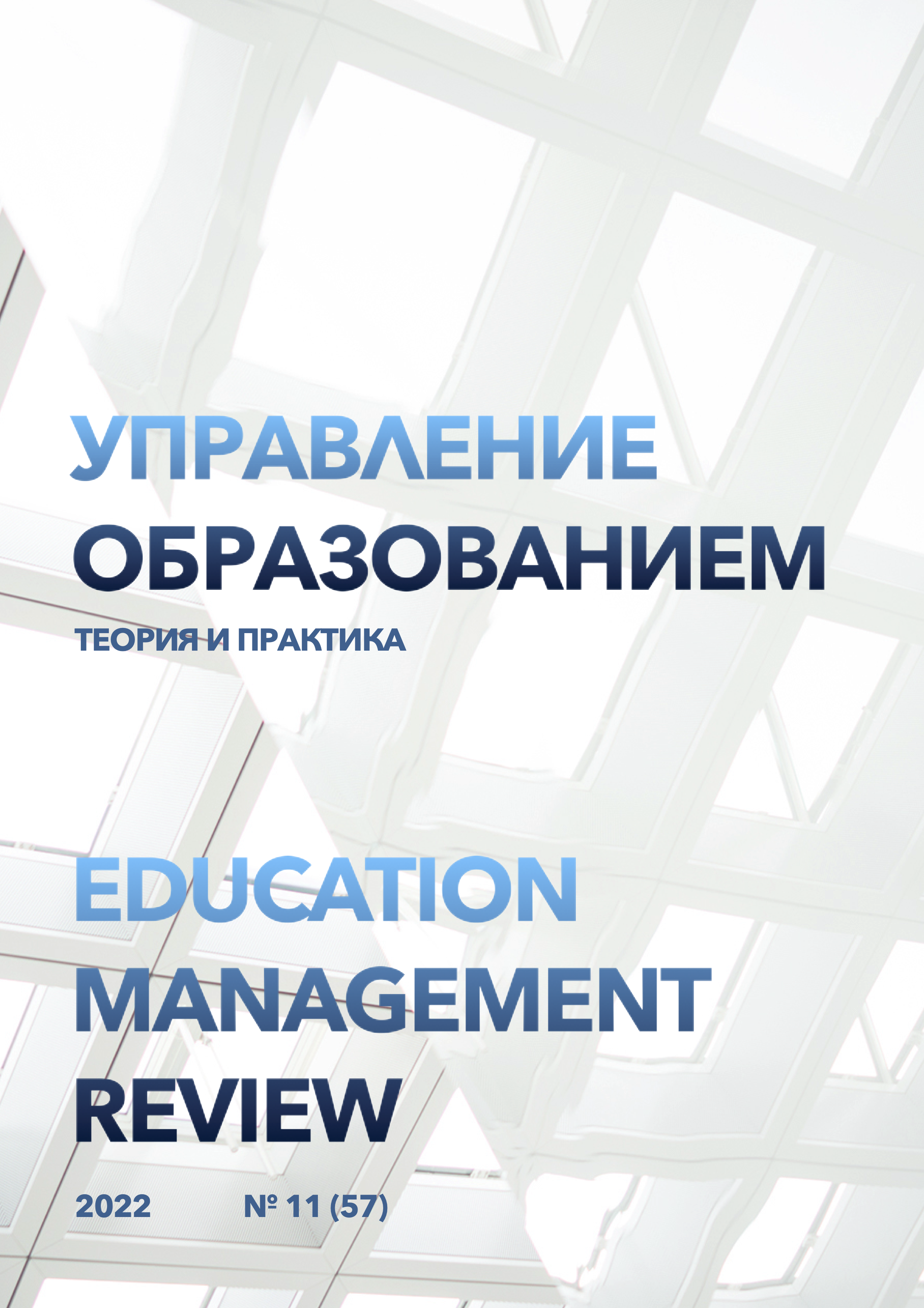The principle of artistic communication as a means of improving performance culture in a musical group
DOI:
https://doi.org/10.25726/v1585-6365-6740-bKeywords:
performing culture, musical collective, artistic communication, principleAbstract
The problem of methodological reorientation of artistic and communicative training of future performers in the field of art education indicates the need for its theoretical rethinking in the context of new educational technologies. The theoretical and methodological strategy of solving the problems of our research is based on the application of systematic, axiological, cultural, personality-oriented, competence-based, dialogical, synergetic, activity-based approaches. Since the creative and presentative component of artistic and communicative culture is conditioned by the specifics of artistic communication on the basis of art, the composition of the subjects of interaction manifests itself in various types of artistic and communicative activities (listening, musical-analytical, interpretive, evaluative, rhetorical, and the like). The system approach belongs to the fundamental level of general scientific methodology. Any system, according to the definition of systemologists, is characterized by the ordering of connections and relationships between components, elements, as well as their integrity, integrativity, which has features in various system objects. In the context of the activity approach, the artistic and communicative culture of the future performer is considered by us as a set of cultural and creative elements that regulate the communicative activity of the performer and are formed, function, develop through the establishment of emotional and psychological contact with the student in the process of interaction. Interaction management manifests itself in the music lesson as a multi-vector orientation of the performer's activity: managing oneself, students, personality-oriented relationships, and the like.
References
Арутюнова Н.Д. Стиль Достоевского в рамке русской картины мира // Язык и мир человека. Москва: Языки русской культуры, 1999. С. 846 870. ISBN 5-7859-0027-0.
Ашимбаева Н.Т. Достоевский. Контексты слов. Санкт-Петербург: Серебряный век, 2014. 232 с. ISBN 978-5-906357-15-1.
Бадалова Е.Н. Концептосфера романа Достоевского Ф.М. «Идиот» // диссертация кандидата филологических наук: 10.01.01. Астрахань, 2017. С. 180.
Басалаев С.Н. Системная интерпретация сценического общения // Вестник Томского государственного университета. Культурология и искусствоведение. Томск: ТГУ, 2018. Вып. 29. С. 43-62.
Булыгина Т.В., Шмелев А. Д. Языковая концептуализация мира (на материале русской грамматики). Москва : Языки русской культуры, 1997. 576 с.
Дуров А.А. Концепция «большого диалога» Бахтина М.М. как методологическая основа исследования народной культуры // Вестник Ставропольского государственного университета. 2009. Выпуск 60. С. 45-51.
Кабалевский Д.Б. Воспитание ума и сердца: Кн. Для учителя. Москва: Просвещение, 1981. 192 с.
Кабалевский Д.Б. Как рассказать детям о музыке. Москва: Просвещение, 1989. 191 с.
Казахватова Л.А., Сибирякова Г.Г. Теоретические аспекты профессиональной подготовки будущего педагога-музыканта в классе ансамблевого исполнительства // Молодой ученый. 2013. № 8. С. 395.
Лукьянова Е.П. Формирование профессионально-коммуникативных качеств у студентов музыкально-исполнительских вузов в классе камерного ансамбля. Дис. кандидат педагогических наук: 13.00.08, Екатеринбург, 2006. 174 с.
Тагильцева Н.Г., Курлапов М.Н. Диагностика развитости коммуникативных навыков младших школьников-участников скрипичного ансамбля // Педагогическое образование в России. 2017. № 3. С. 68-75.
Чувакин А.А., Малыгина Э.В. К построению филологической теории коммуникации: статья третья // Экология языка и коммуникативная практика. 2018. №1. С. 77-88.

